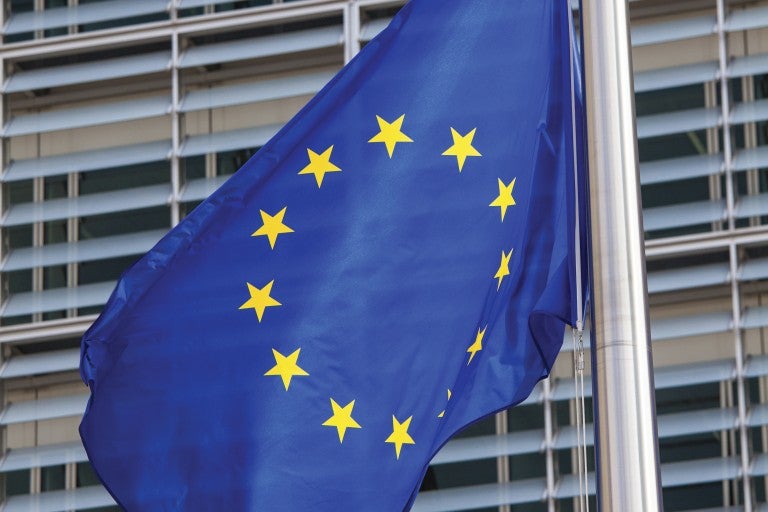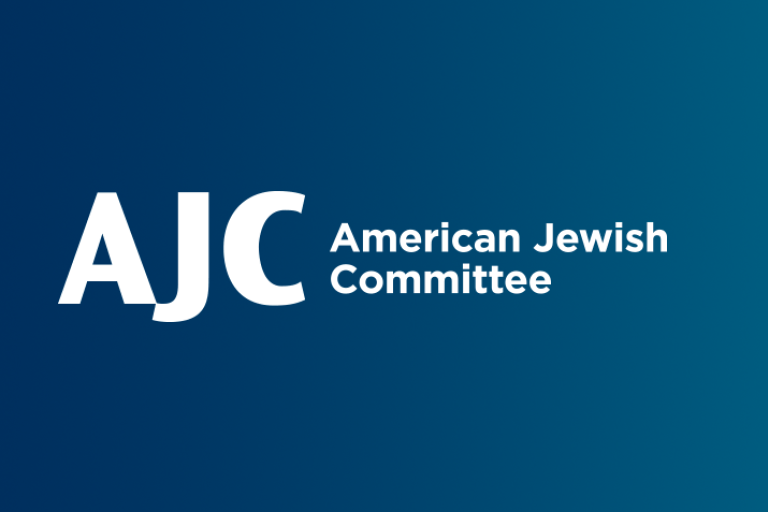January 11, 2017 — New York, New York
In advance of the Senate Armed Services Committee hearing on the confirmation of James N. Mattis as Secretary of Defense, AJC submitted a series of questions to Committee Chairman Senator John McCain and Ranking Member Senator Jack Reed.
AJC is a strictly nonpartisan organization that does not endorse or oppose the confirmation of particular nominees, but, as a global Jewish advocacy organization, AJC has a special interest in the position of Secretary of Defense.
“AJC respectfully urges exploration of the following issues relevant to Gen. Mattis’s leadership of the Nation’s armed forces – and his central role in the formulation and implementation of Trump Administration national security policy,” wrote Jason Isaacson, AJC Director of Policy, in the letter to Senators McCain and Reed.
The questions AJC urged the Senators to consider are:
- The U.S.-Israel relationship: Does Gen. Mattis regard Israel as a vital strategic ally and asset to the United States, including in the fight against terror and extremism? In published comments after his tenure at CentCom, he raised questions about the role the U.S.-Israel partnership plays in America’s effort to engage the Arab world. Beyond its current structure, how does Gen. Mattis view possibilities for further deepening and expanding military and strategic U.S.-Israel ties?
- The Iranian threat: In public remarks last year, Gen. Mattis identified the Iranian regime as “the single most enduring threat to stability and peace in the Middle East.” In light of this view, how does Gen. Mattis propose dealing with Iran – in its persistent harassment of American naval vessels, destabilizing role in Syria, intervention in Iraq, attempts to subvert Sunni Arab states, military nuclear ambitions, support for terrorism, and ballistic missile program in cooperation with North Korea? How would he propose adapting current U.S. policy to confront these profound challenges? What is his view with regard to the Joint Comprehensive Plan of Action adopted in 2015?
- Nuclear proliferation: Recently, President-elect Trump tweeted, “The United States must greatly strengthen and expand its nuclear capability until such time as the world comes to its senses regarding nukes.” Earlier on in the campaign, President-elect Trump suggested it would be advisable that “Japan have nuclear weapons when North Korea has nuclear weapons.” How does Gen. Mattis view those two possibilities?
- NATO: Does Gen. Mattis support continued American commitment to NATO, and to the security assistance the United States and our allies would provide “forthwith” upon the invocation of Article 5 of the Treaty? From his extensive experience with NATO, including his service as NATO Supreme Allied Commander of Transformation from 2007 to 2009, how would Gen. Mattis propose to strengthen the alliance’s effectiveness in confronting today’s leading security threats – including Iran’s hegemonic ambitions, Russian expansionism, Russian and other cyberattacks, and violent Islamist extremism?
- Asian security challenges and opportunities: How would Gen. Mattis propose to meet the looming threat posed by North Korean ICBM and nuclear weapons advances, and what assurance would he provide to our Japanese and South Korean allies of America’s ongoing commitment to their security, in light of our longstanding treaty obligations? What are his views on China’s military build-up, including its intensified territorial claims in the South China Sea? And how would Gen. Mattis propose to bolster the growing U.S.-India strategic partnership?
- Torture: Does Gen. Mattis continue to believe, as the 2006 counterinsurgency field manual to which he contributed asserts, that the use of torture in interrogation, and “cruel, inhuman, and degrading treatment is never a morally permissible option, even if lives depend on gaining information?”

